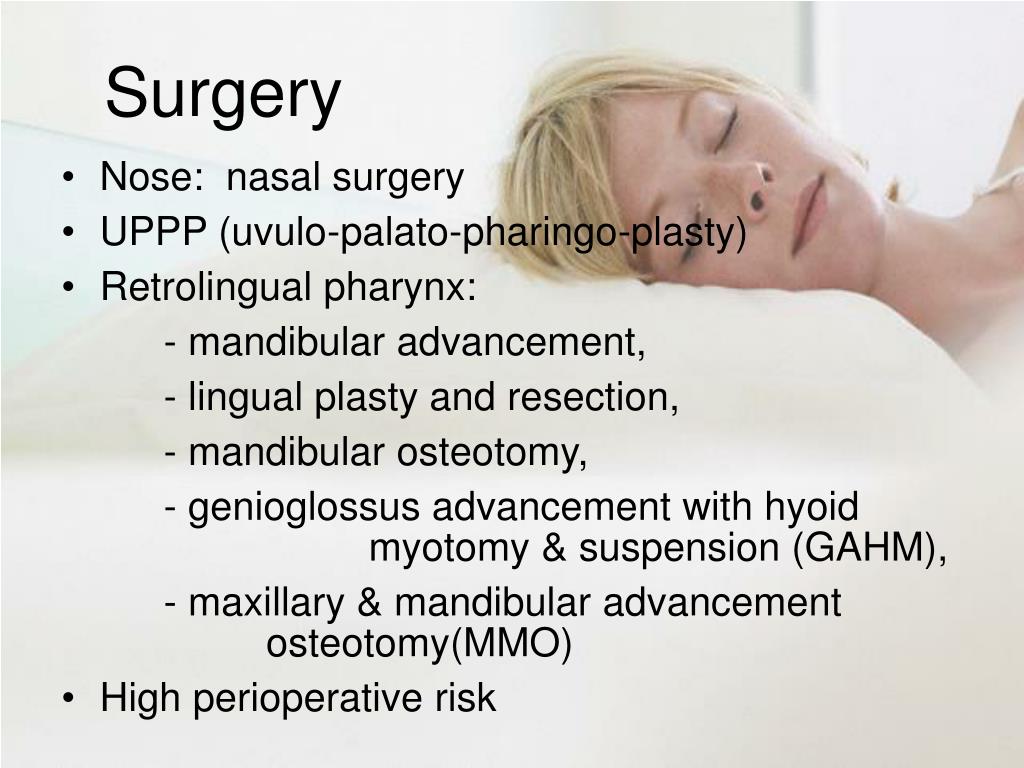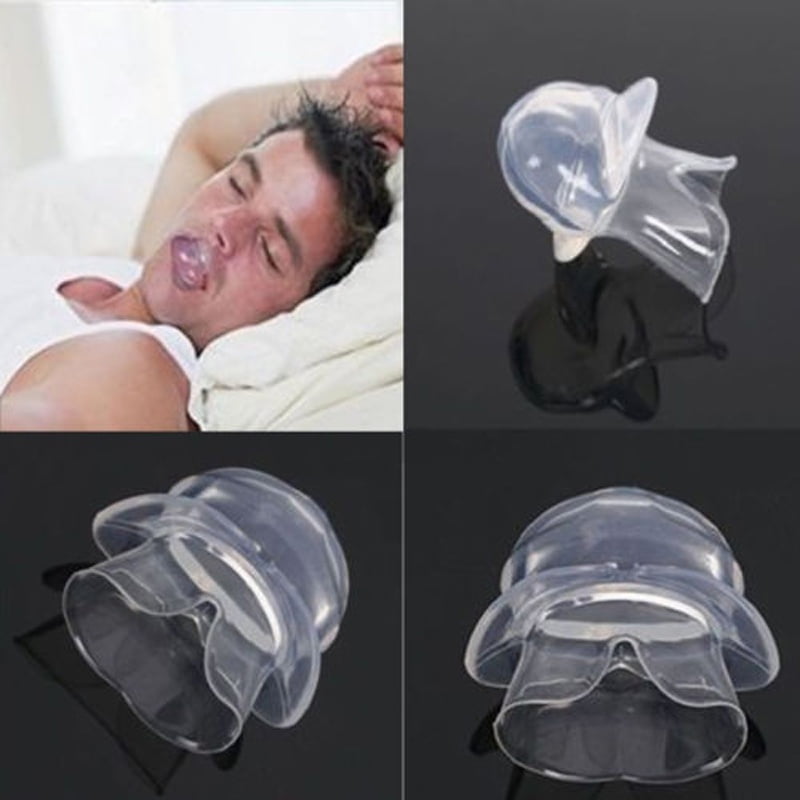

Combined with snoring, it can be a telltale symptom of sleep apnea. “Some of the very descriptive bed partners of my patients with obstructive sleep apnea describe their partners’ snores as listening to a ‘dying bear’ or a scene from ‘Jurassic Park,’” he added.īeing really tired during the day is a prime indicator of poor sleep. “We’re talking loud, obnoxious snoring, the type that would drown out conversations or be heard through closed doors,” Dasgupta said. If your partner's snores can be heard though a closed door, it's time to see a sleep specialist. But this is no pitiful, whimpy snore, and certainly not a snore that anyone could ever call “cute.” Snoring is a key indicator, so it’s a no-duh that it leads the list of potential warnings signs.

How can you tell when your snoring has become dangerous to your health? Sleep experts use a sleep questionnaire with an easy-to-follow acronym: STOP BANG. If left untreated, obstructive sleep apnea puts you at high risk for hypertension, heart disease, Type 2 diabetes or depression, even an early death, according to the American Academy of Sleep Medicine.

Raj Dasgupta, an associate professor of clinical medicine at the Keck School of Medicine at the University of Southern California. Often you aren’t aware of this struggle, but it can be very, very scary for anyone watching,” said sleep specialist Dr. “You’re making the effort with your belly and your chest to try to get the air in and out, but because of the obstruction in the upper airway, you can’t.
#Songkong for sleep apnea how to#
How to fall asleep more quickly - the healthy way A cold or allergy can block nasal passages, a few drinks too close to bed will automatically relax tongue, palate and throat muscles – and before we know it, we’re unconsciously forcing air past those soft tissues, causing vibrations that escape as a snore. It’s estimated that at least 25 million Americans and 936 million people worldwide may suffer from obstructive sleep apnea, with many more undiagnosed.Īt some point in our lives, we all snore. “When it’s loud, raucous snoring, or it’s interrupted by pauses in breathing, that’s where we start to get concerned,” Robbins said. “Snoring can be normal and not something to worry about,” said sleep specialist Rebecca Robbins, an instructor in the division of sleep medicine for Harvard Medical School. A cold or allergy can block nasal passages, a few drinks too close to bed will automatically relax tongue, palate and throat muscles – and before we know it, we’re unconsciously forcing air past soft tissues, causing vibrations that escape as a snore. Snoring can be a key sign of obstructive sleep apnea – but at some point in our lives, we all snore. Obstructive sleep apnea is a serious sleep disorder in which people stop breathing for 10 seconds or more at a time.


 0 kommentar(er)
0 kommentar(er)
